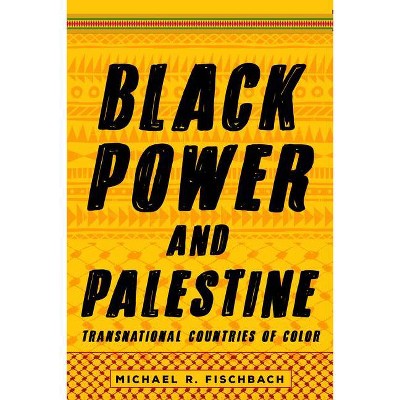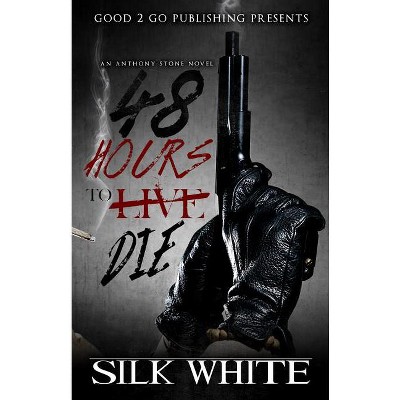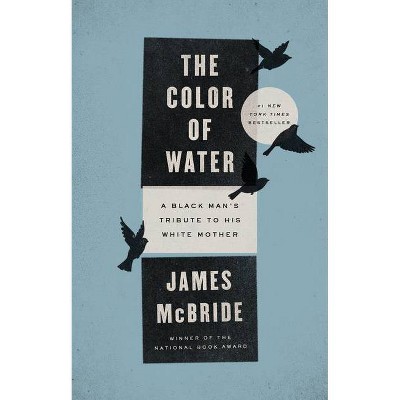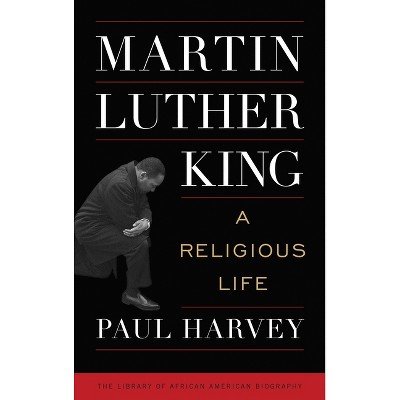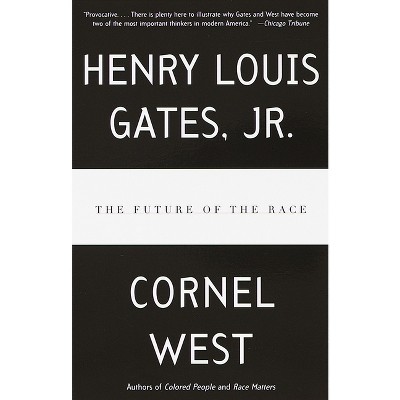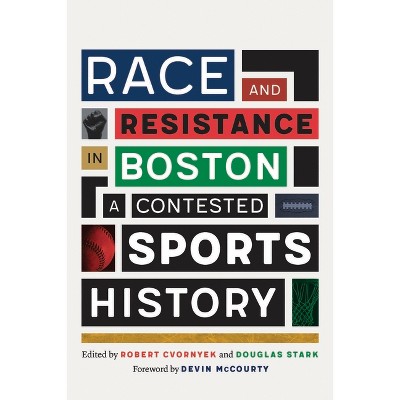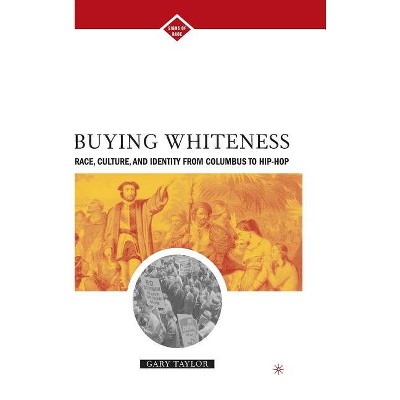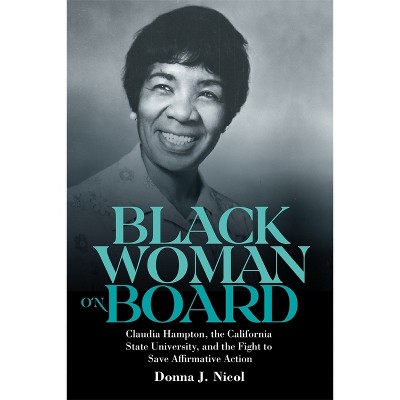Sponsored

No Race, No Country - by Deborah Mutnick
In Stock
Sponsored
About this item
Highlights
- No Race, No Country presents a major reconsideration of the breakthrough African American author Richard Wright's work and life.
- About the Author: Deborah Mutnick is professor of English at Long Island University.
- 312 Pages
- Social Science, Ethnic Studies
Description
About the Book
"No Race, No Country presents a major reconsideration of the breakthrough African American author Richard Wright's work and life. It challenges standard evaluations of his reputation as an autodidact, his late novels, his travel books, and his political commitments after he left the Communist Party USA. Deborah Mutnick engages a wide range of Wright's work throughout his career, providing a nuanced perspective on his complicated gender politics and his serious engagement with Marx's notions of historical materialism, alienation, and commodity fetishism. Adding to a small but growing number of studies of his ecological consciousness, it also examines both his closeness to nature, especially during his youth and late in life, and his early mapping of a racial geography of the 'second nature' of the sociocultural world that overlaps with and transforms the natural world. Finally, it joins a recent surge in scholarship on Wright's later nonfiction as a progenitor of Black radical internationalism in the 1960s and 1970s"--Book Synopsis
No Race, No Country presents a major reconsideration of the breakthrough African American author Richard Wright's work and life. It challenges standard evaluations of his reputation as an autodidact, his late novels, his travel books, and his political commitments after he left the Communist Party USA. Deborah Mutnick engages a wide range of Wright's work throughout his career, providing a nuanced perspective on his complicated gender politics and his serious engagement with Marx's notions of historical materialism, alienation, and commodity fetishism. Adding to a small but growing number of studies of his ecological consciousness, it also examines both his closeness to nature, especially during his youth and late in life, and his early mapping of a racial geography of the "second nature" of the sociocultural world that overlaps with and transforms the natural world. Finally, it joins a recent surge in scholarship on Wright's later nonfiction as a progenitor of Black radical internationalism in the 1960s and 1970s.
Review Quotes
"A tour de force in historical materialist literary criticism, Deborah Mutnick's No Race, No Country grounds fresh and compelling readings of Richard Wright's oeuvre in a deeply dialectical appreciation of the role played by Marxism, communism, and anti-imperialism in both his life and his creative process." -- Barbara Foley, author of Wrestling with the Left: The Politics of Invisible Man
"In No Race, No Country, Deborah Mutnick powerfully unearths new detailed research that puts to rest the political and narrow-minded clichés that have dominated the attitudes and critical analyses of Richard Wright's life and work for at least six decades. The success of this text emerges as no small task. Offering a painstakingly new appraisal of the life-long conjoining of Wright's iconoclastic Marxist ideology, a serious close reading of his works in the context of his comments on those works, his struggle against racism, and the connection between his national and global political activity, this text emerges as an invaluable resource from which to trace the confluence of Wright's personal experiences, creative ingenuity as well as his political, ideological, and global commitments. With the lyrical voice of an empathetic storyteller who has taken a comprehensive journey through Wright's life, creative vision, and egalitarian dream, Deborah Mutnick offers a gift that coerces readers and scholars to view Richard Wright as an impassioned augur. After reading No Race, No Country, we have little choice except to revisit anxiously our understanding of Richard Wright's intellectual prowess and political profundity." -- Joyce A. Joyce, author of Richard Wright's Art of Tragedy
"Deborah Mutnick has done a masterly job of buttressing recent revisionist scholarship on Wright through her use of new archival material."--Bill V. Mullen, author of James Baldwin: Living in Fire
"One of the very best projects on Richard Wright I have ever read."--James Smethurst, author of Behold the Land: The Black Arts Movement in the South
"This much-needed book makes a number of impressive contributions. It is certainly the best reading of Wright's novel The Man Who Lived Underground and the haikus he produced late in his life. In short, I rate this as one of the very best projects on Richard Wright I have ever read."--James Smethurst, author of Behold the Land: The Black Arts Movement in the South
About the Author
Deborah Mutnick is professor of English at Long Island University.